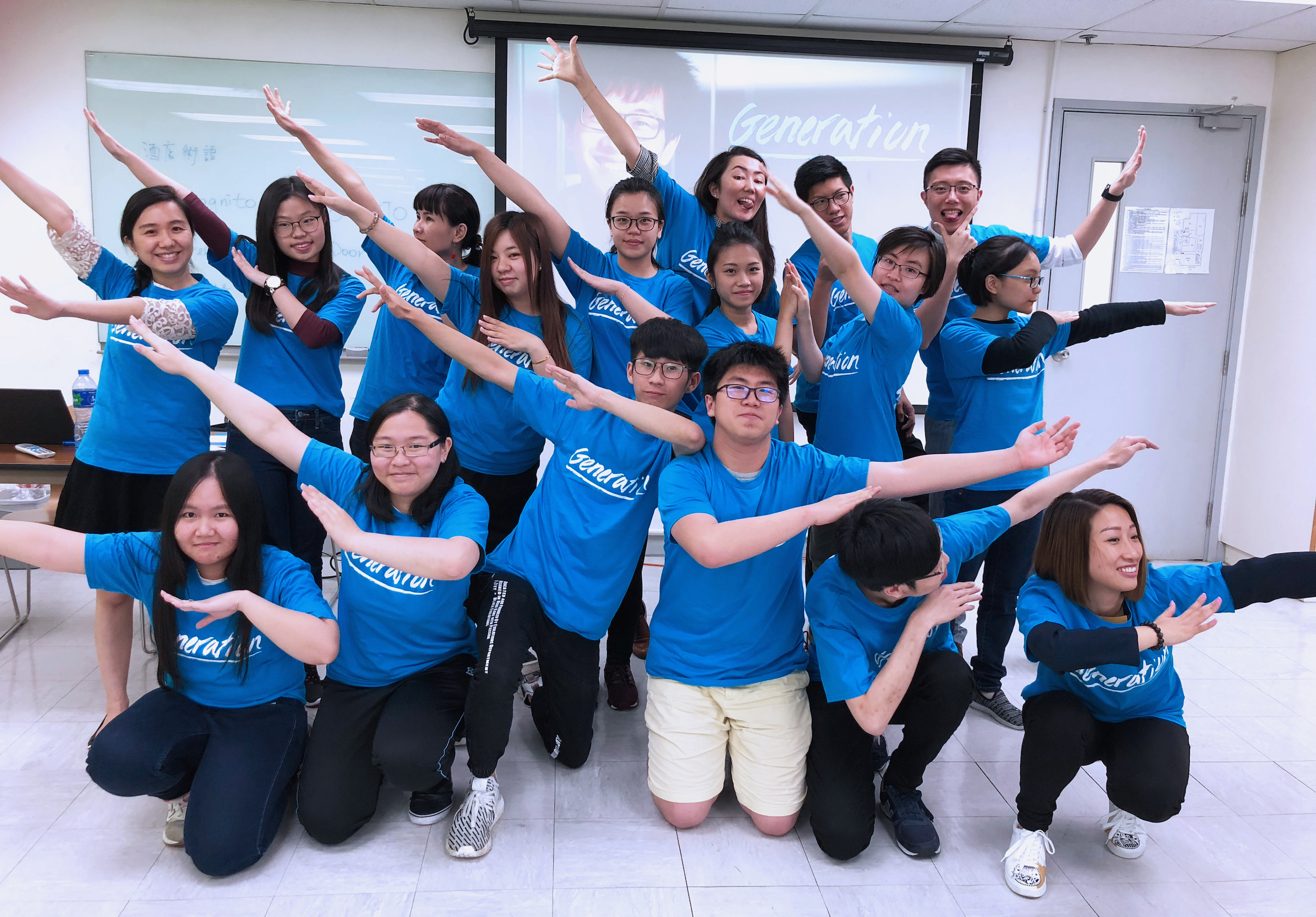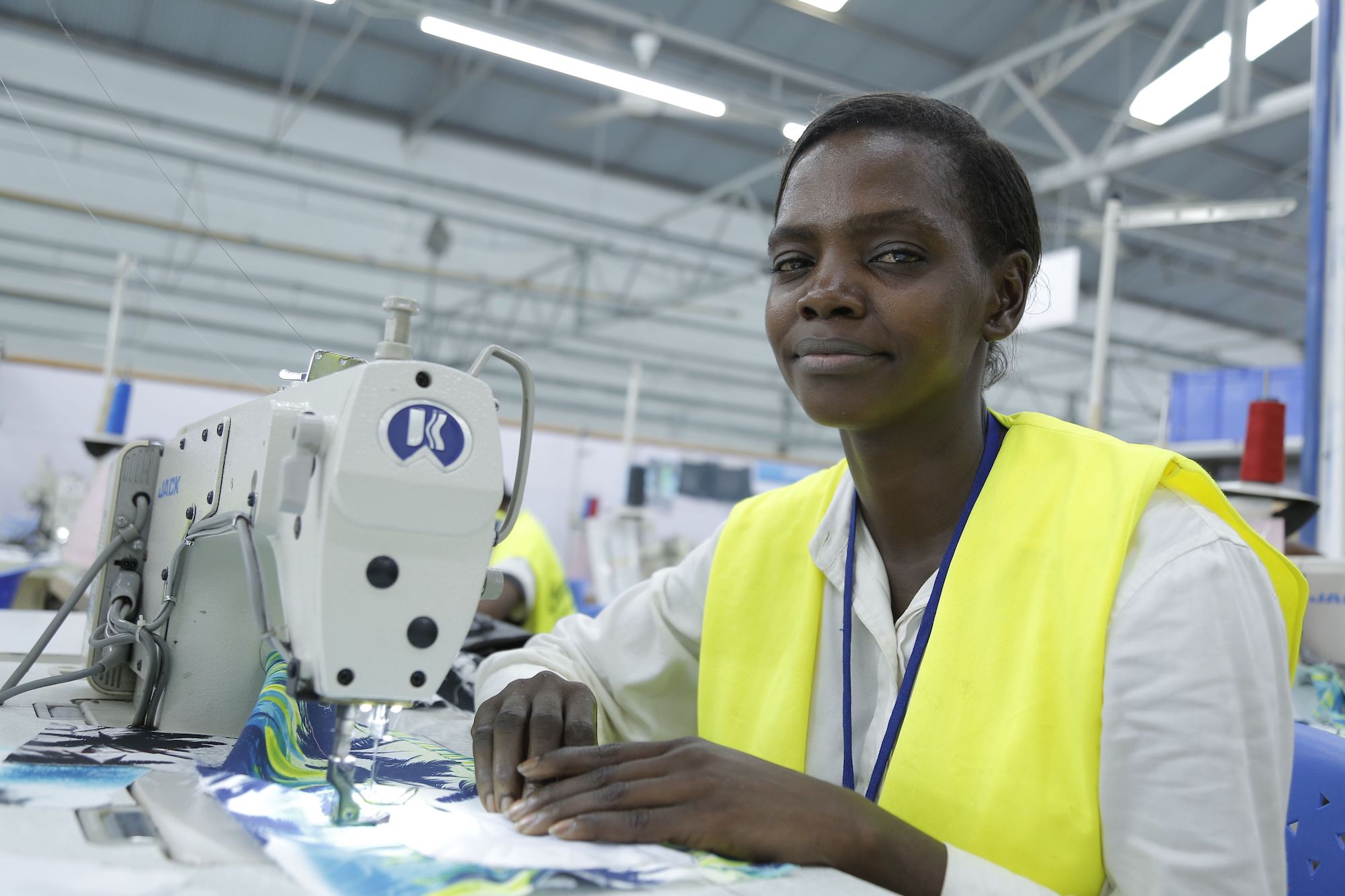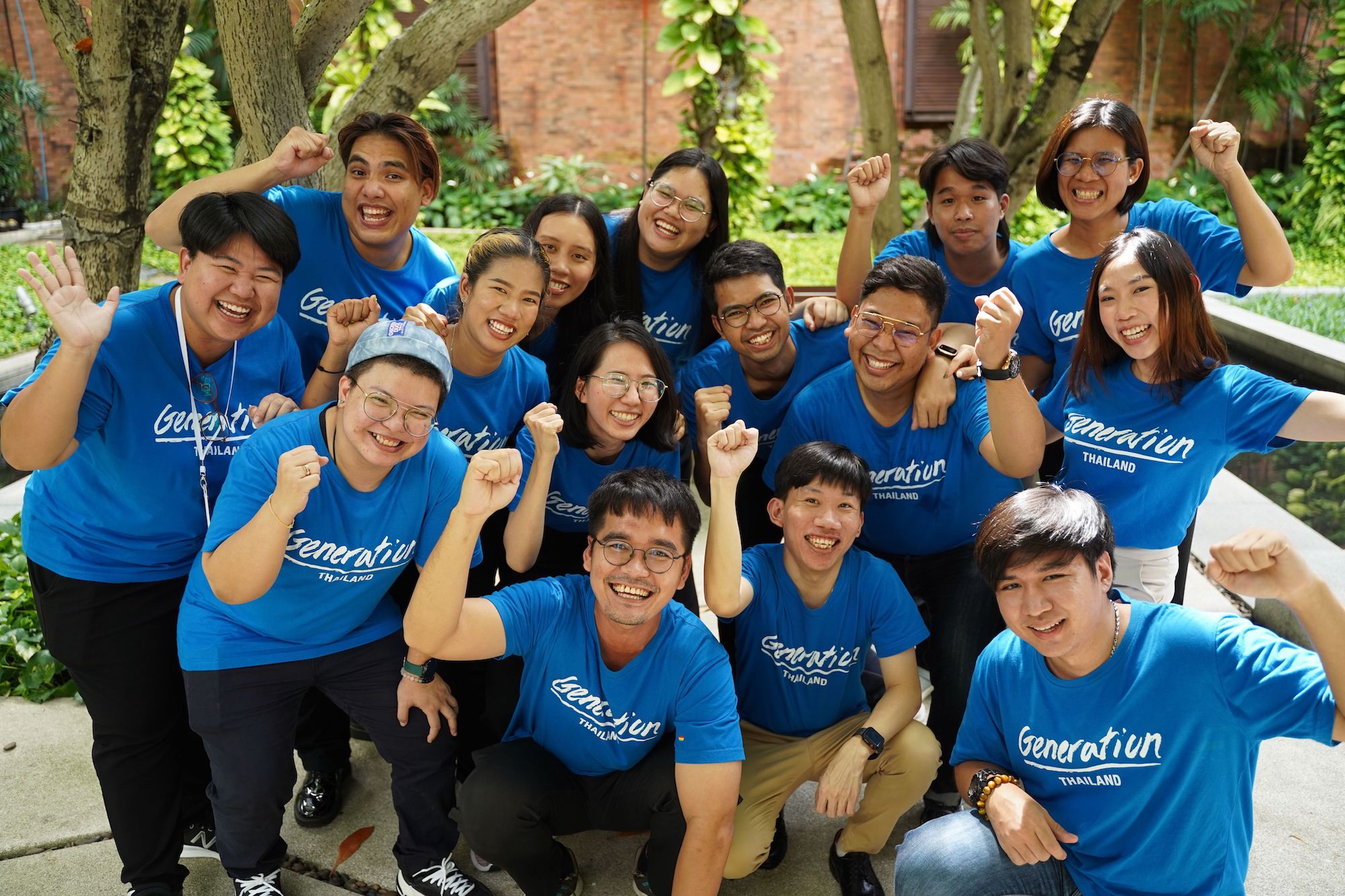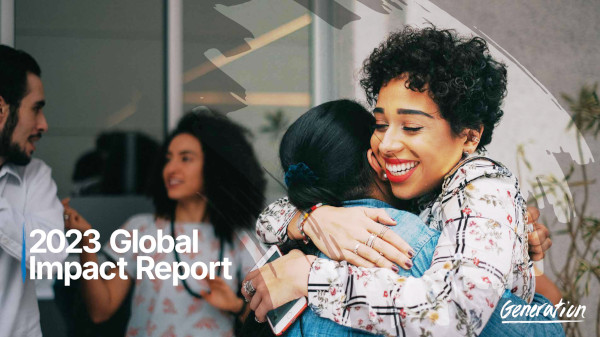Our impact
We reverse pervasive unemployment for our graduates and help them achieve economic mobility for themselves and their families.
We define impact as advancing on three dimensions simultaneously

Breadth
Our annual and cumulative volume of graduates around the world.
graduates across 17 countries since launching in 2015
family members indirectly supported

Depth
Our employment and income outcomes within 3 and 6 months of program completion.
of graduates placed in jobs within six months of program completion (76% at three months)
in cumulative wages earned by graduates since 2015

Durability
Our sustained employment, income, and well-being outcomes for our graduates over time.
Our alumni 2-5 years after graduation:
Who We Serve
Female
with 1 or more dependents
don’t have university degree
were unemployed, with over half for 6+ months
We believe that great employees are identified through their skills, rather than their demographics
Our learners have a range of profiles by age, education, ethnicity, gender and income.
Generation reverses pervasive unemployment
72% of Alumni are in a role that is related to their Generation training, which positively impacts career growth and financial health.
Our graduates find employment quickly…
of our learners were employed pre-Generation
of our graduates are working within 6 months of graduation (73% at three months)
…and stay employed for years
Graduates make strong progress on their economic mobility journeys
We want to see our graduates in jobs that provide stable, living wage incomes, and we see strong progress from different starting points. Our network countries fall in three World Bank country income groupings: lower-middle income (India, Kenya, Pakistan, Ghana), upper-middle income (Brazil, Colombia, Mexico, Thailand), and high income (Australia, Chile, France, Hong Kong, Italy, Ireland, Singapore, Spain, the UK, the USA).
Our graduates are earning salaries they use to make ends meet and for education, housing, healthcare, and more
in wages earned by graduates since 2015
Of this, $350+ million in Brazil, India, Kenya, Mexico & Pakistan where living wage ranges between $2000–$4000 per year.
As we advance all of these dimensions, we can start to create systemic change
We seek to change the way employers hire, and we support them to hire from a nontraditional talent pipeline. We look at the percentage of entry-level positions filled by Generation graduates in a given city and profession to understand if we are changing the employment landscape. We call this “impact share”. In 18 locations across eight countries, Generation graduates now hold more than 5% of entry-level jobs for target professions.
Rome, Italy
Jr. Full Stack Java Developer
Kerala, India
Retail Sales Associate
Nairobi, Kenya
Digital Customer Support
São Paulo, Brazil
Jr. Full Stack Java Developer
Sydney, Australia
Cloud Support practitioner
Dublin, Ireland
IT Support Specialist

“Economic mobility is our impact goal. Reaching this goal means advancing outcomes related to breadth, depth, and durability of impact. Each of these pillars is equally important, and we work to move all three forward together.”

Independent Third Party Impact Assessments
As we grow, independent third party evaluations help assess our program impact for learners, graduates, and employers, so that we can continue to improve and expand our programs. We have begun conducting evaluations in several of our countries with the support of experienced research agencies and academics.
Learn moreOn-the-job performance keeps employers coming back
employers have hired our graduates
would definitely hire Generation graduates again
of employed graduates hired in the last 12 months were hired by repeat employers


2023 Global Impact Report
We are on a mission to make economic mobility possible for people and their families around the world. And, in 2023, we moved one step closer.
We celebrated a significant milestone at the end of last year: more than 100,000 graduates from our programs who had, in turn, earned $1 billion in life-changing wages. Today, we are at more than 117,000 graduates and $1.4 billion in earnings, and our impact continues to grow. And, towards the end of 2024, we will mark the 10-year anniversary of starting this work.
View the results of our Alumni survey
Each year, we survey thousands of Generation graduates who are 2-5 years post-program to understand how they are doing and what impact Generation continues to have on their lives.
2023 Alumni Survey Results
European Impact Report: Building viable pathways to economic mobility in Europe
In celebration of Europe Day, we are delighted to present our European Impact Report, showcasing our journey and achievements since we launched our operations in Europe. Our network spanning France, Italy, Spain, Ireland, and the United Kingdom, is actively building viable pathways to economic mobility for our 20,000+ learners.
Reflecting on our progress, we came a long way, from preparing and placing 172 people into life-changing careers that would be inaccessible back in 2015, to have now supported over 15,000 graduates into thriving careers across 27 different professions.

With 45+ million data points, we keep data at the core of everything we do
Our data set is unique in the global workforce space — not only does it span the learner journey from application to training to up to six years post-Generation, but it covers 47 professions and 17 countries, and includes both human observation and digital trace data.
Pre-program
- Socio-Demographics
- Education and employment history
- Financial well-being
In-class
- Attendance and engagement
- Competence and performance
- Program feedback
- Risk assessment
On-the-job and Alumni survey
- Employment
- Income and savings
- Personal well-being
- Career growth